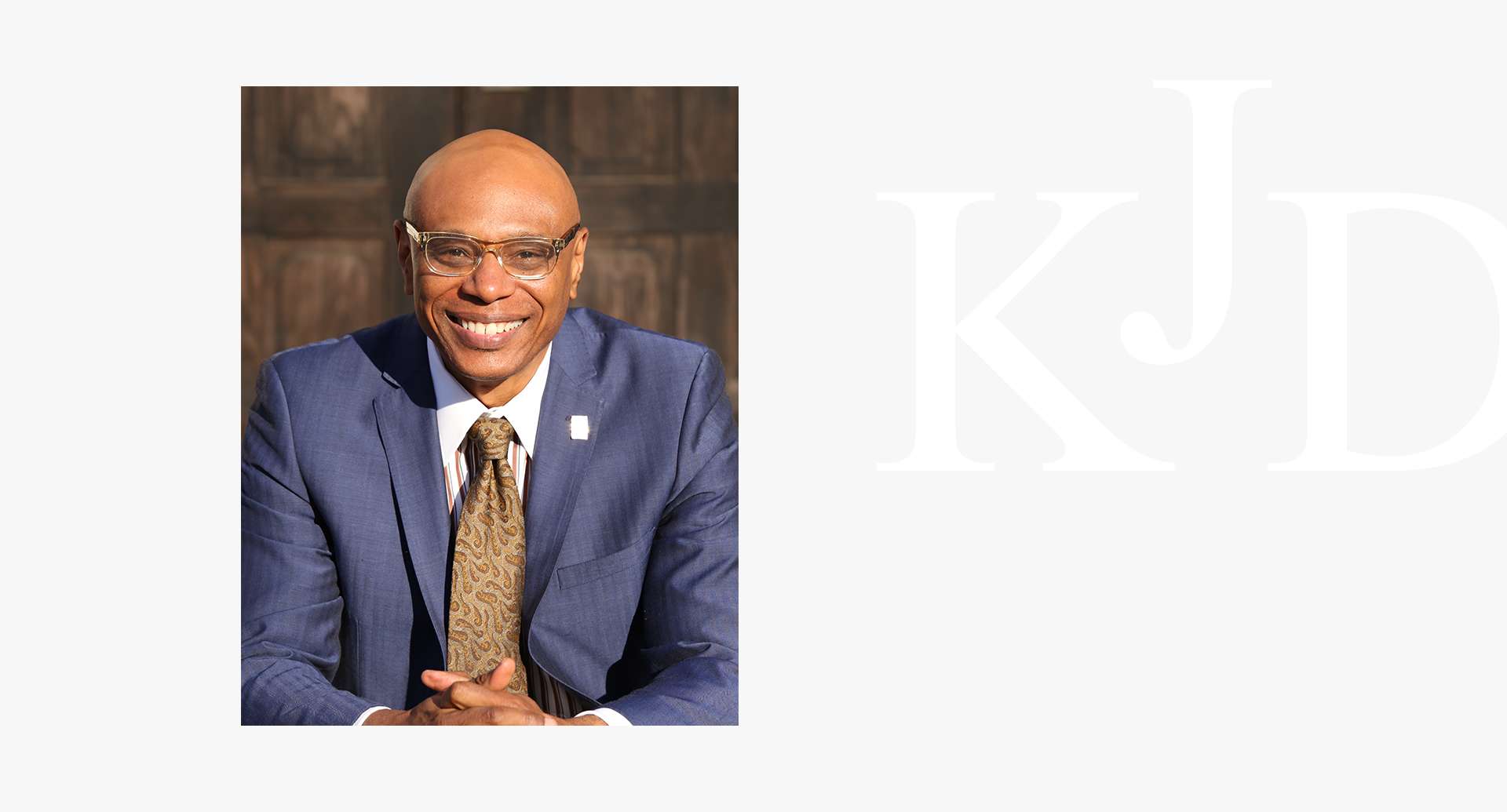Student loans are increasingly becoming one of the biggest problems in our nation. Our citizens have amassed over $1.3 trillion in student loan debt to pay for educations that are often not worth it. Students can come out of college with anywhere between $20,000 to $500,000 in student loan debt before they ever get started in life.
Solutions for student loan debt are rare, as well. Since they can’t normally be discharged in Chapter 7 bankruptcy, graduates are reaching out for relief in other ways. One of the many questions they ask is, “Can I use my credit card to pay student loans and then file for bankruptcy?”
Discharging credit card debt is easy enough in Chapter 7 bankruptcy, unless you’re using a credit card to pay off student loans. Unfortunately, cash advances from a credit card used to pay for student loans will often not be discharged in bankruptcy.
Why Is Credit Card Debt Used to Pay Student Loan Debt Nondischargeable?
Bankruptcy law separates debt into two categories; dischargeable and nondischargeable. Credit card debt is almost always dischargeable, but student loans are almost always not. Incurring credit card debt to pay a nondischargeable debt could be seen as bankruptcy fraud, and therefore forfeit your right to discharge.
Incurring Debt Prior to Filing Bankruptcy
Cash advances or purchases made on a credit card within 70 days prior to filing bankruptcy are likely to be reviewed by your creditors and the bankruptcy court. If the purchase was excessive, a type of ‘luxury’ item, or an attempt to fraud the creditor, your discharge could be rejected.
How Can I Discharge Student Loan Debt in Chapter 7 Bankruptcy?
Discharging student loan debt in Chapter 7 bankruptcy is difficult because you have to prove extreme hardship. Doing so requires that you show the following:
- You are unable to maintain a minimal standard of living by continuing to pay the student loans based on your income and other expenses.
- Your financial situation is not temporary and will likely persist for a significant period of time.
- You have shown a good faith effort by making what payments you could.
Fortunately, most bankruptcy courts consider discharging student loan debt an ‘all or nothing’ affair, meaning that if you can prove poverty, persistence, and good faith, all of your student loan debt could be discharged.
Bankruptcy attorney Kevin D. Judd is highly experienced at helping people throughout the Washington D.C. and Maryland area achieve their goals of becoming debt free.


